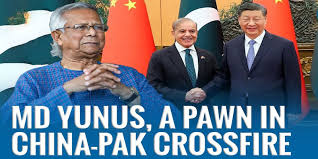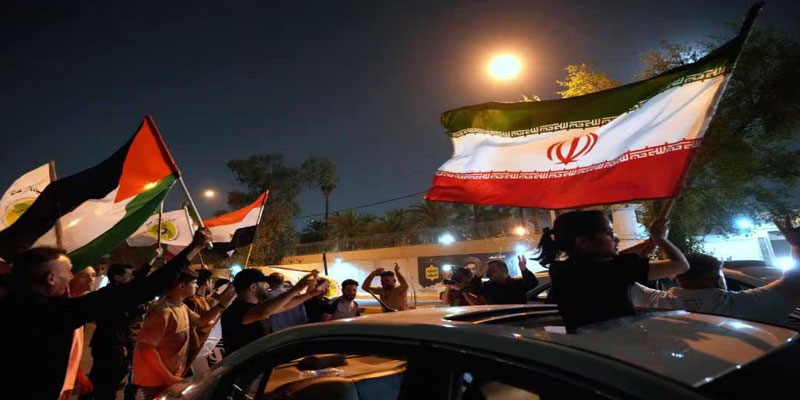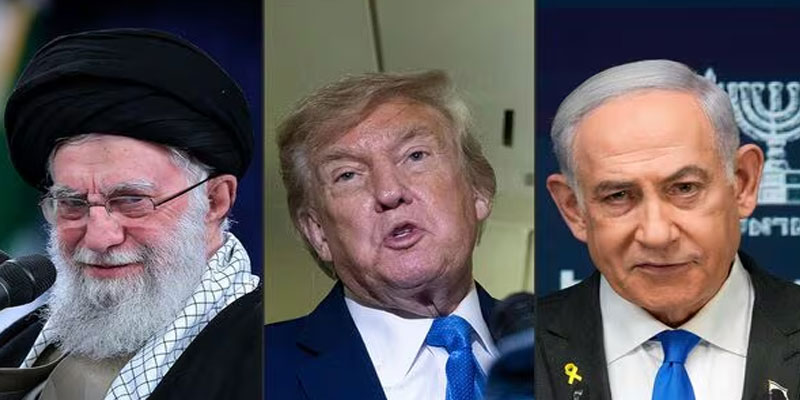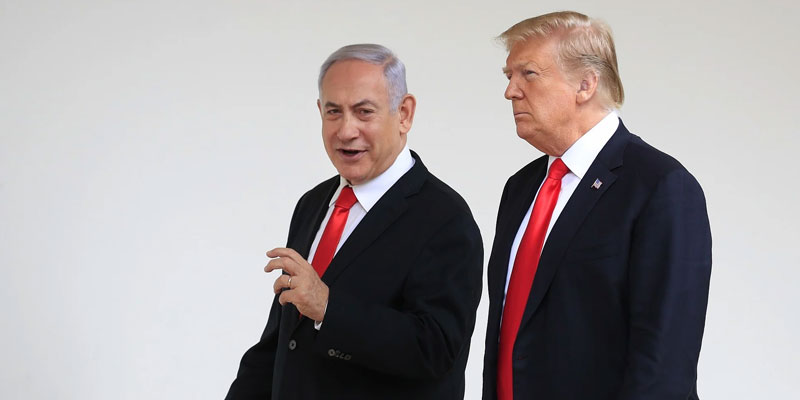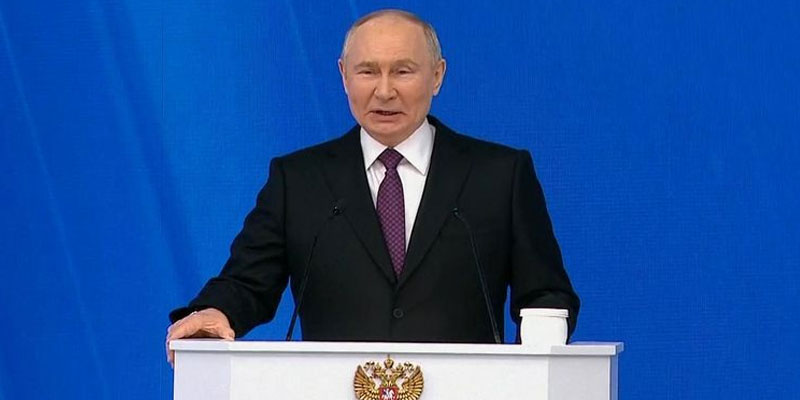A Shifting Geopolitical Chessboard
South Asia is experiencing a new geopolitical alignment. The India-China-Pakistan triangle has historically been fraught with mistrust, proxy games, and strategic brinkmanship. In this context, Bangladesh—once a dependable Indian ally under Sheikh Hasina—has become a surprising flashpoint. Following Hasina’s abrupt exit in August 2024 and Nobel laureate Muhammad Yunus’s rise as chief adviser of Bangladesh’s interim government, Dhaka has emerged as a crucial pawn in a regional power play.
Both China and Pakistan, long opposed to India’s expanding influence in the region, have now thrown their weight behind Yunus, a technocrat once celebrated globally for his social entrepreneurship. What was once hailed as a transitional phase now threatens to become a prolonged authoritarian arrangement—reshaping regional power dynamics, undercutting democratic processes, and opening dangerous ideological floodgates.
Muhammad Yunus: From Nobel Peace to Political Power
Muhammad Yunus, the founder of Grameen Bank and a celebrated microfinance pioneer, took control as the chief adviser to Bangladesh's interim government after Hasina fled the country amid internal unrest. Constitutionally, his role was clear-cut: conduct free and fair elections and oversee a peaceful transition of power. Instead, Yunus appears to be reimagining his mandate.
He has hinted at postponing elections until 2026, citing the need for national consensus and electoral reform. While these justifications appear technocratic, they mask a deliberate attempt to consolidate power. In this vacuum, foreign powers with vested interests have stepped in to exploit the situation—with Yunus increasingly aligning himself with Beijing and Islamabad.
China’s Strategic Playbook in Dhaka
For China, Yunus is not merely a political figure—he’s an opportunity. Bangladesh is a critical node in China’s South Asian strategy. It offers access to the Bay of Bengal and sits adjacent to India’s vulnerable northeast. Through the Belt and Road Initiative (BRI), Beijing has already poured billions into Bangladesh’s infrastructure—ports, energy grids, highways, and rail lines.
The threat for China was a return of a nationalist or India-aligned democratic regime that could revisit, renegotiate, or roll back these investments. Yunus, heading a non-elected technocratic regime, offers precisely the kind of compliance China prefers: stable, apolitical, and beholden to no constituency but power itself.
His government’s willingness to delay elections under the guise of reform mirrors China’s own domestic narratives—centralized control masked as pragmatic governance. Beijing thrives in such environments. They reduce uncertainty, eliminate accountability, and secure long-term strategic investments.
Pakistan’s Ideological and Strategic Stakes
While China’s motivations are largely economic and strategic, Pakistan’s interests lie in ideology and subversion. Hasina’s government had marginalized Islamist factions, strengthened ties with India, and stifled Pakistan’s intelligence operations in Bangladesh. Yunus’s ascent flips that script.
Reports suggest Pakistan’s Inter-Services Intelligence (ISI) may have coordinated with U.S.-based actors and Bangladeshi Islamist groups to destabilize Hasina’s regime. With Yunus in power, Islamabad sees an opportunity to reverse its declining influence in Dhaka.
Already, significant shifts have occurred. On Bangladesh’s Victory Day (16 December), Yunus conspicuously failed to acknowledge India’s role in the 1971 Liberation War—a move that aligns with Pakistan’s long-standing revisionist agenda. This erasure is not rhetorical—it’s political realignment in motion.
In the post-Hasina era, Pakistan envisions Bangladesh not just as a diplomatic buffer, but potentially a soft launchpad for anti-India proxies. Terror observers warn of a scenario where Bangladesh becomes a secondary theater for Pakistan's proxy terror operations—just as it was in the early 2000s with outfits like Harkat-ul-Jihad-al-Islami (HuJI).
The Rise of Islamist Groups Under Yunus
Perhaps the most troubling outcome of Yunus’s reign is the resurgence of Islamist elements. Under Hasina, radical outfits like Jamaat-e-Islami (JeI) and Hizb ut-Tahrir were either banned or severely curbed. Today, they are reemerging, emboldened by state inaction and implicit support.
The Yunus government has not only lifted bans but allowed Islamist factions to re-enter mainstream politics. Released extremists and radical clerics are regaining public platforms, and terror-linked organizations are reportedly reorganizing. This has alarmed security agencies across the region.
JeI’s revival is particularly dangerous. Its student wing, Islamic Chhatra Shibir, has already been linked to violent street protests and attacks on minorities following Hasina’s exit. These are not fringe actors—they’re ideologically driven and supported by transnational Islamist networks, from Turkey to the Gulf states.
Yunus’s so-called constitutional reforms have raised alarms that he may be laying the groundwork for a more theocratic state apparatus—paving the way for Islamists to gain formal power under the garb of electoral pluralism.
Authoritarian Echoes: Learning from China and Pakistan
Yunus’s delay of elections, restructuring of governance, and suppression of opposition is a classic authoritarian script. Beijing and Islamabad are both backing this trajectory for their own reasons, but the underlying motive is shared: to suppress democratic contagion in South Asia and weaken India’s model of pluralistic governance.
Both China and Pakistan fear democracy’s expansion. They are more comfortable with regimes that resemble their own—technocratic, militaristic, or theocratic. Supporting Yunus allows them to create a buffer zone against democratic India and project influence deeper into South Asia.
India’s Strategic Dilemma
India finds itself in a complex predicament. Sheikh Hasina was a reliable partner on counterterrorism, economic integration, and regional stability. Her exit has created a vacuum that hostile actors have rushed to fill. New Delhi’s cautious wait-and-watch approach may not be sufficient anymore.
So far, India has refrained from recognizing Yunus’s administration as a permanent entity and has called for early elections. Recent punitive trade measures and visa restrictions imposed by India signal a hardening stance. Yet, some Indian analysts argue this might be too little, too late.
Yunus’s reluctance to honor the historical alliance, combined with his increasing proximity to Beijing and Islamabad, suggests a new Dhaka-Delhi dynamic that’s far less cooperative. If Yunus’s rule becomes entrenched, India may face a reoriented Bangladesh—one less friendly, more radicalized, and geopolitically hostile.
Bangladesh at a Tipping Point
Muhammad Yunus, once a global icon for poverty alleviation, now sits at the heart of a volatile geopolitical transformation. His extended stay in power is not a quirk of constitutional ambiguity—it is a strategic opportunity seized by powers that fear democracy’s spread and India’s rise.
Bangladesh today is more than a nation in political transition—it is a theatre of ideological contest. The battle isn’t just for Dhaka’s control; it’s for the region’s soul. If elections remain postponed and Islamist elements gain further ground, the consequences will ripple far beyond Bangladesh’s borders.
For India and other democratic nations, the lesson is stark: geopolitical neutrality in moments of democratic backsliding is no longer a viable stance. The longer this interim regime holds, the deeper the fault lines grow.
In the end, the fate of Bangladesh may not only determine the balance of power in South Asia—it may shape the trajectory of democracy itself in the region.
(With agency inputs)


